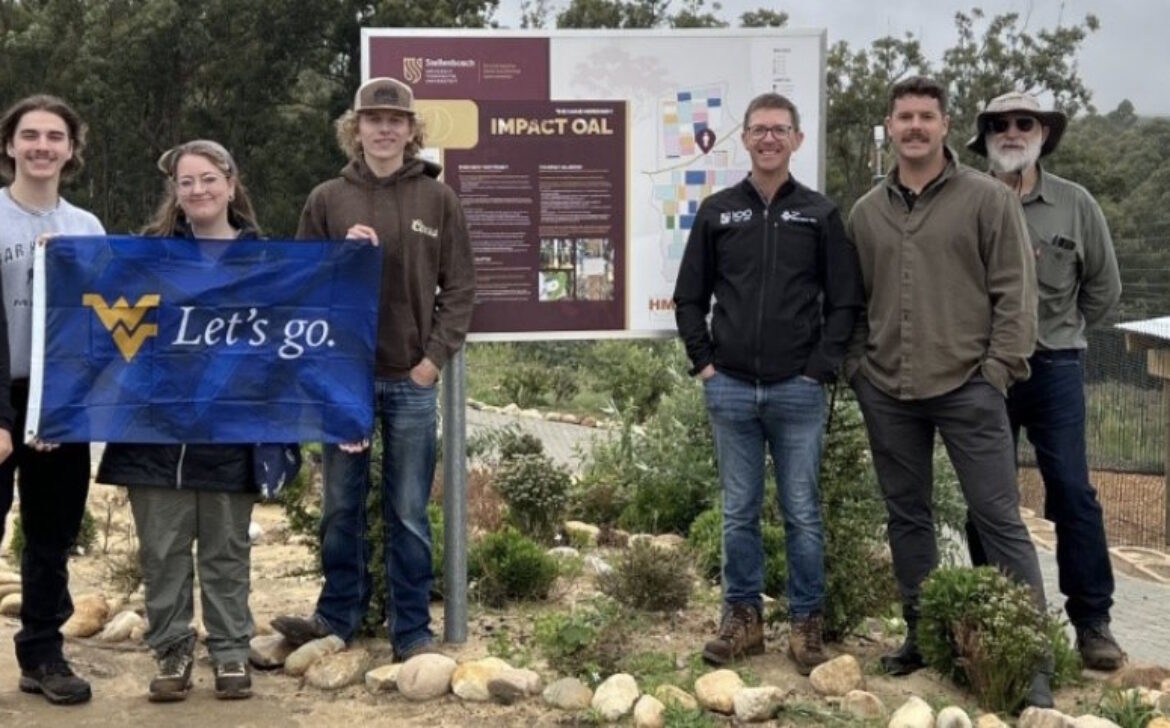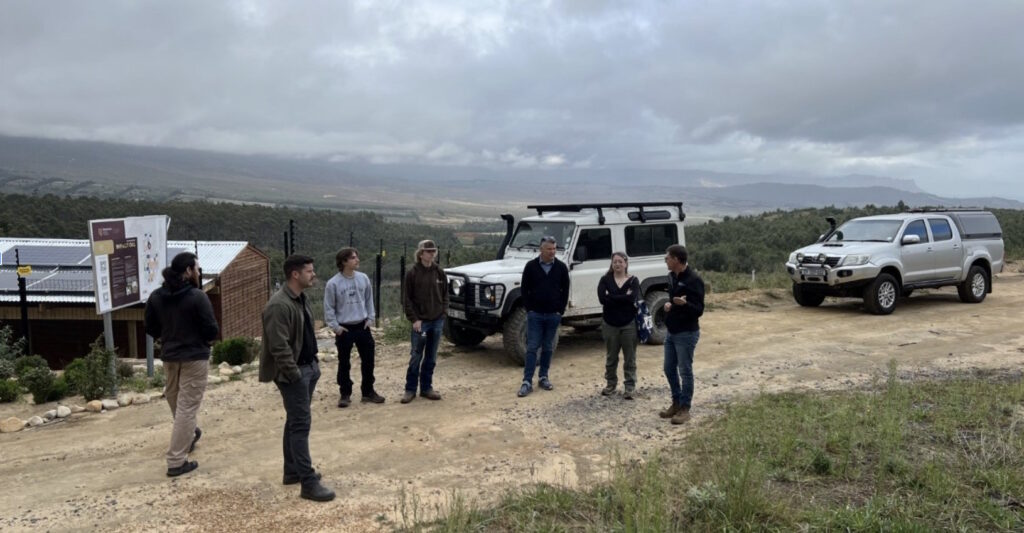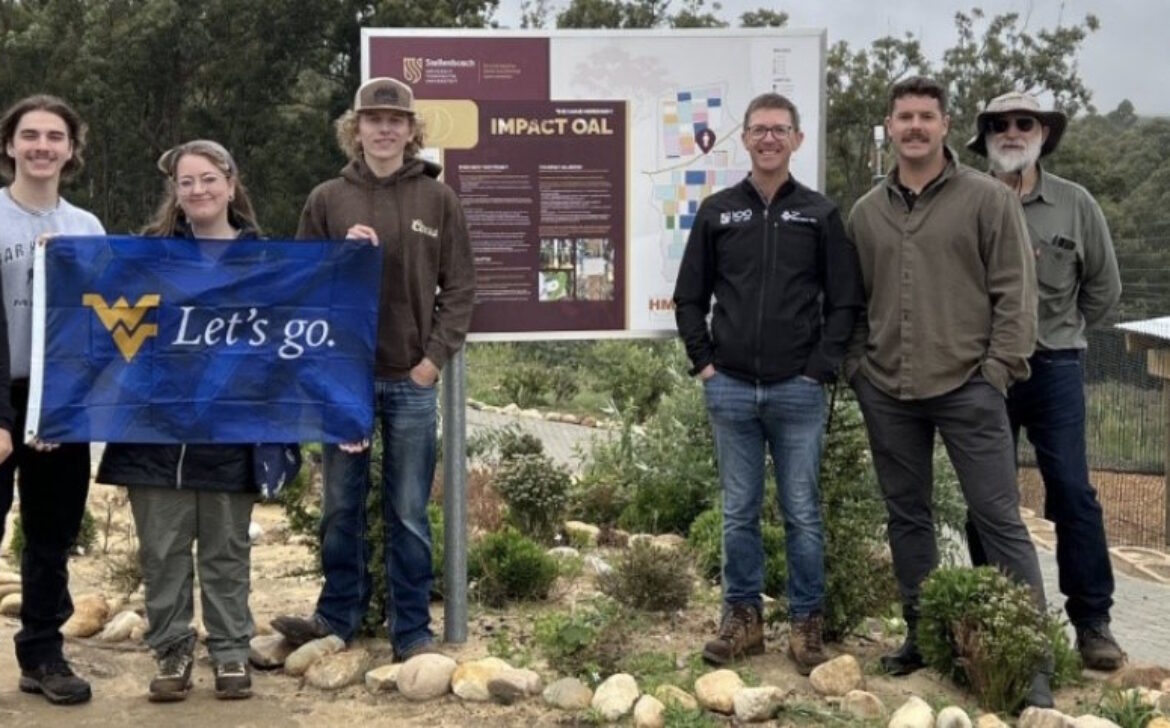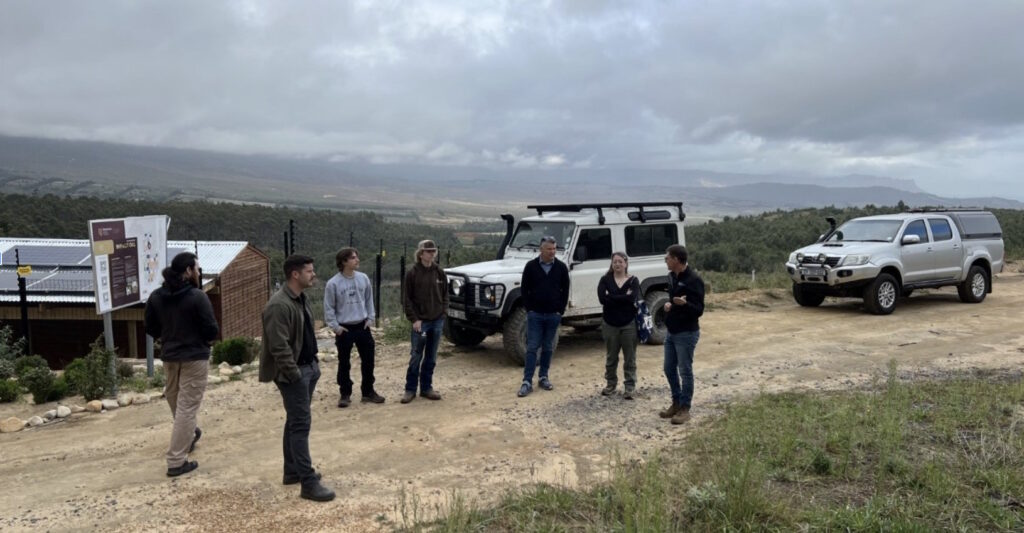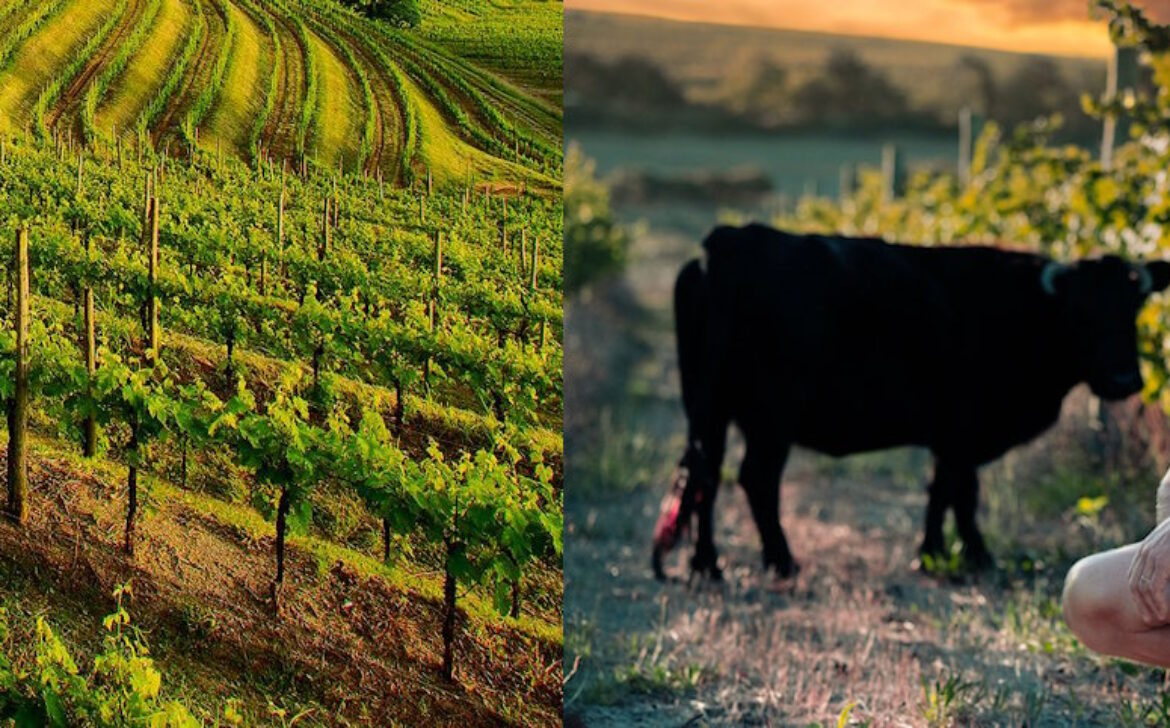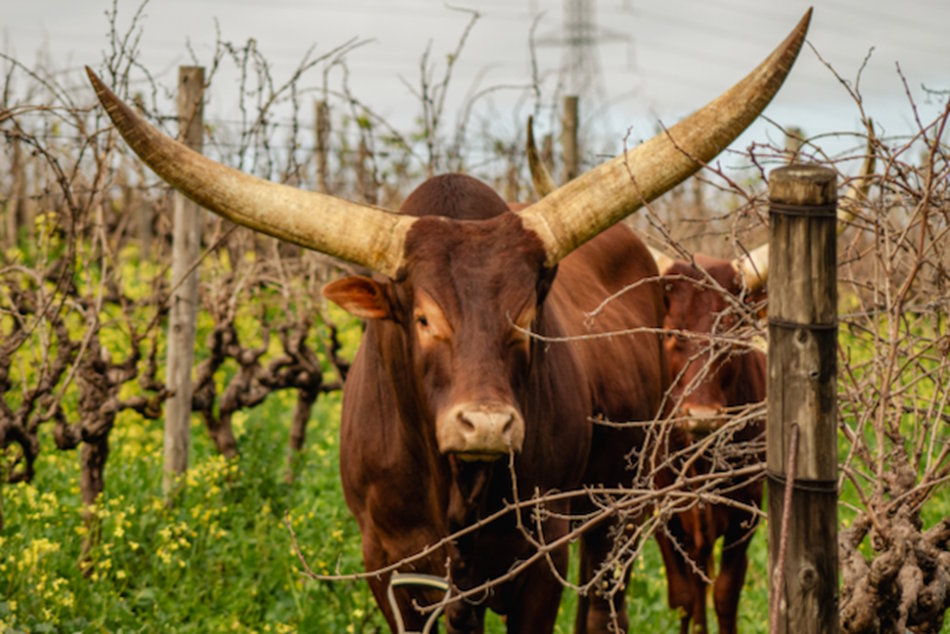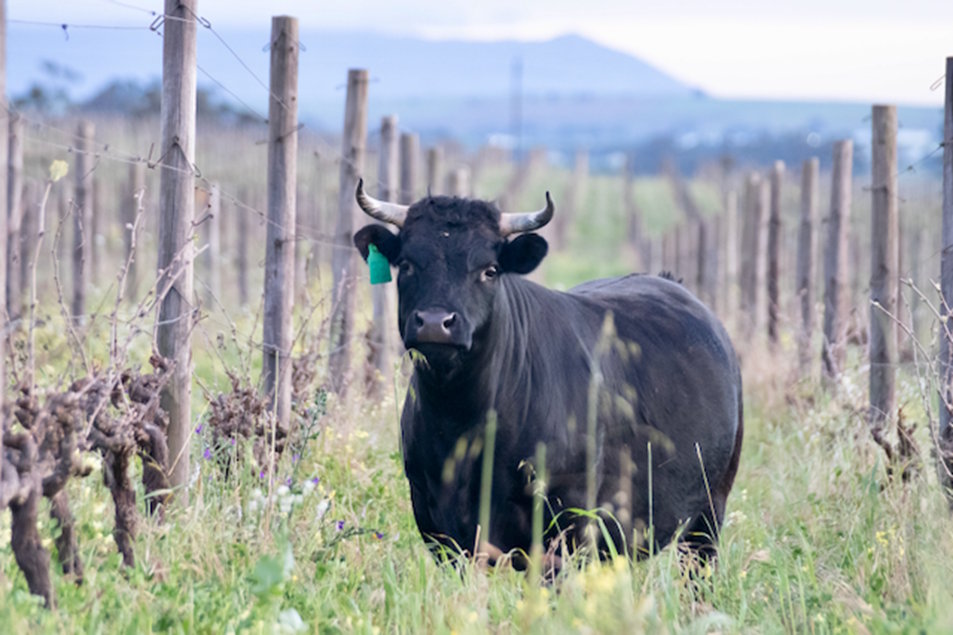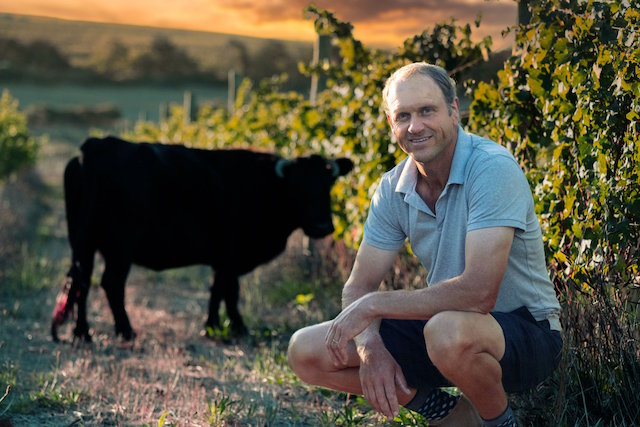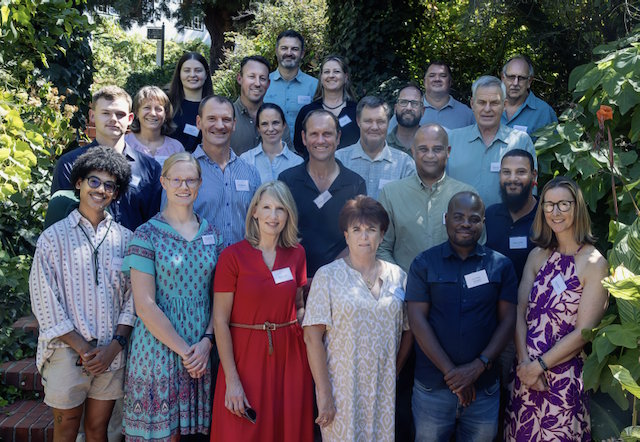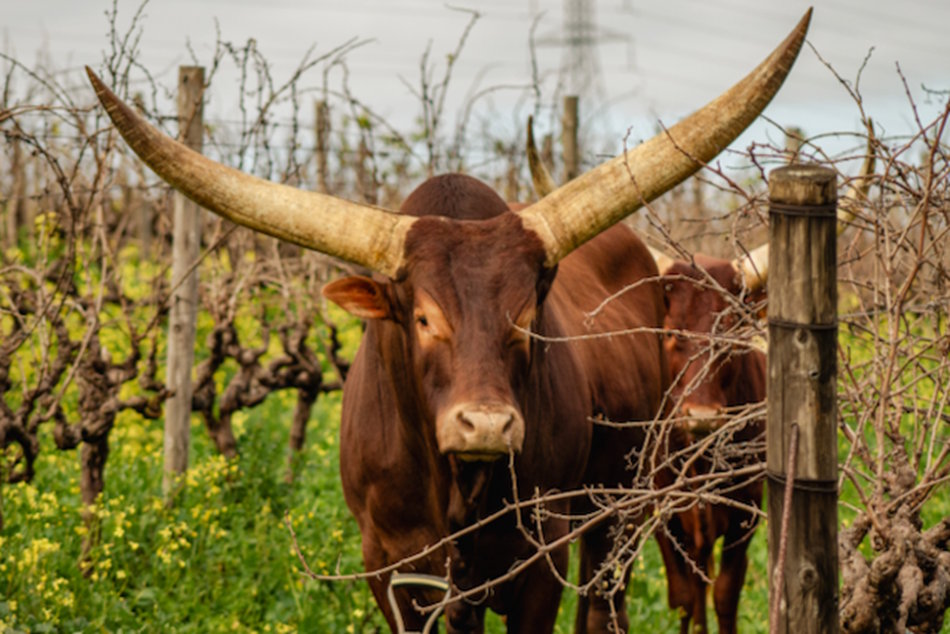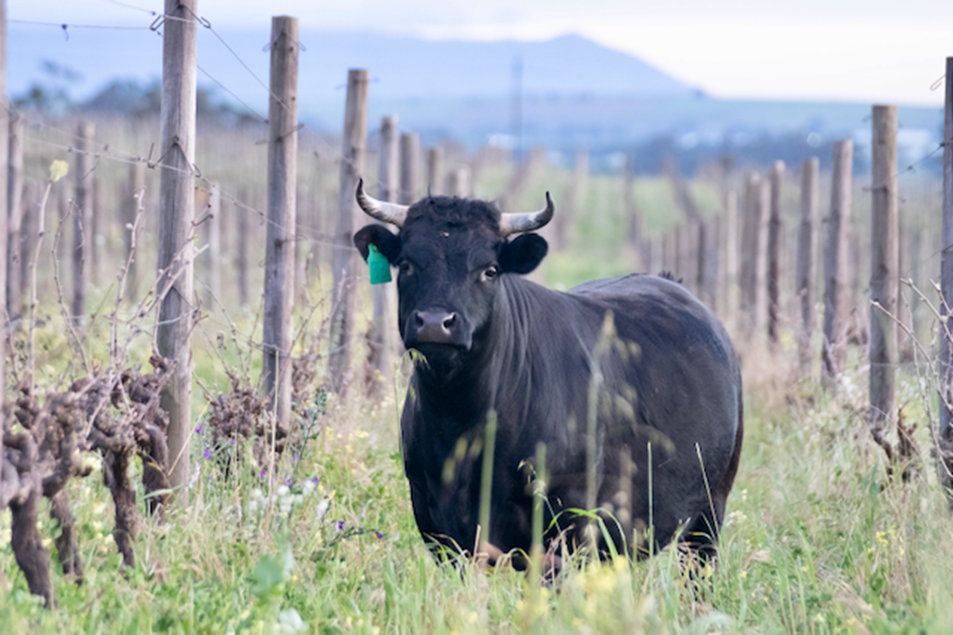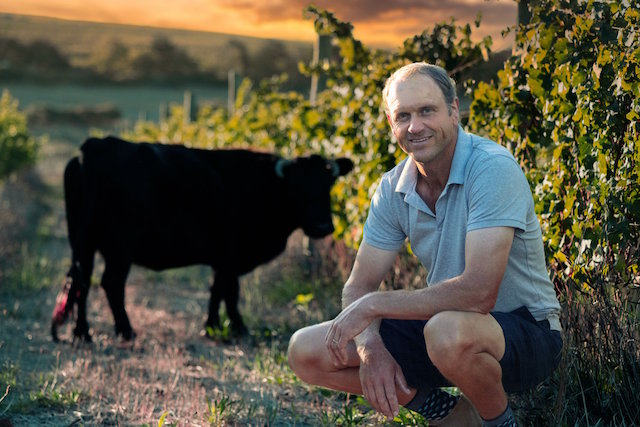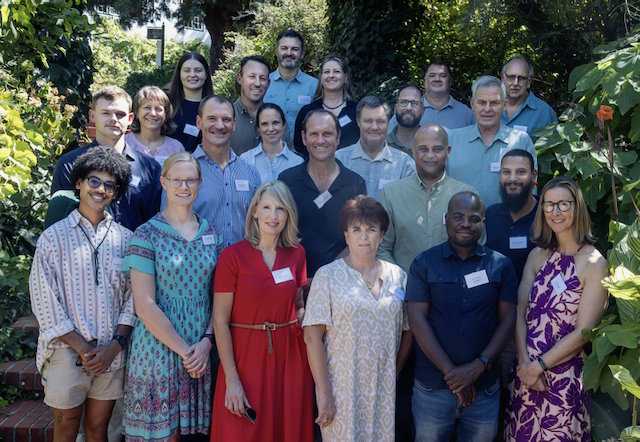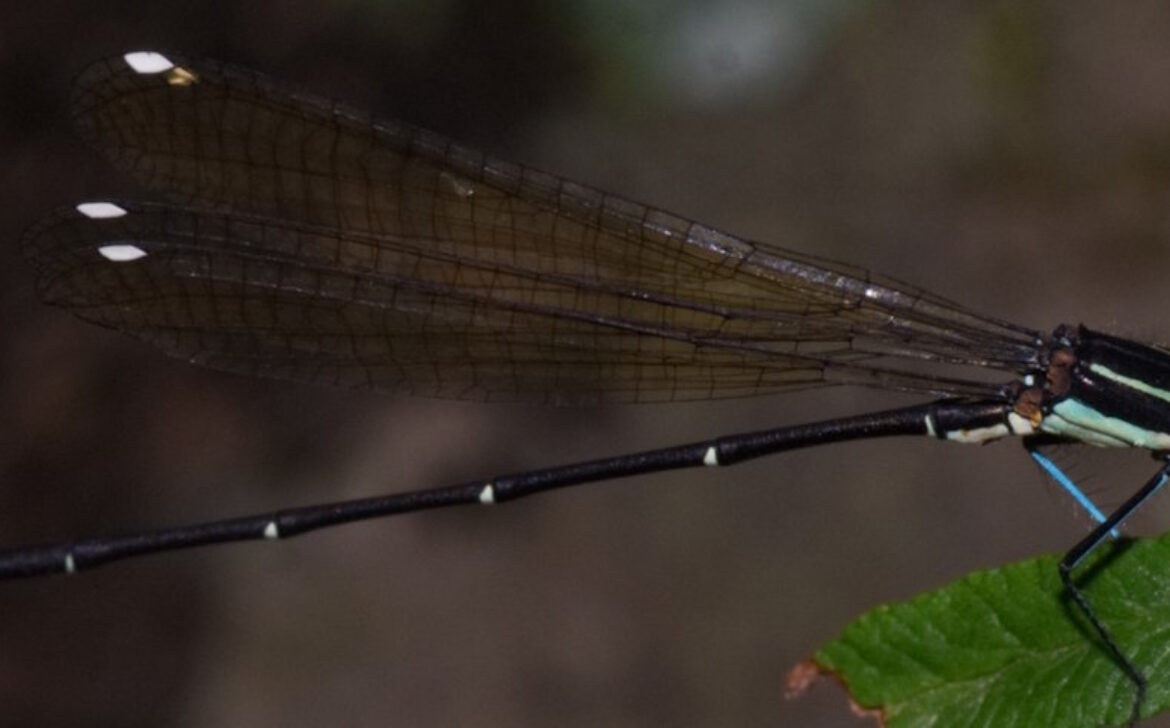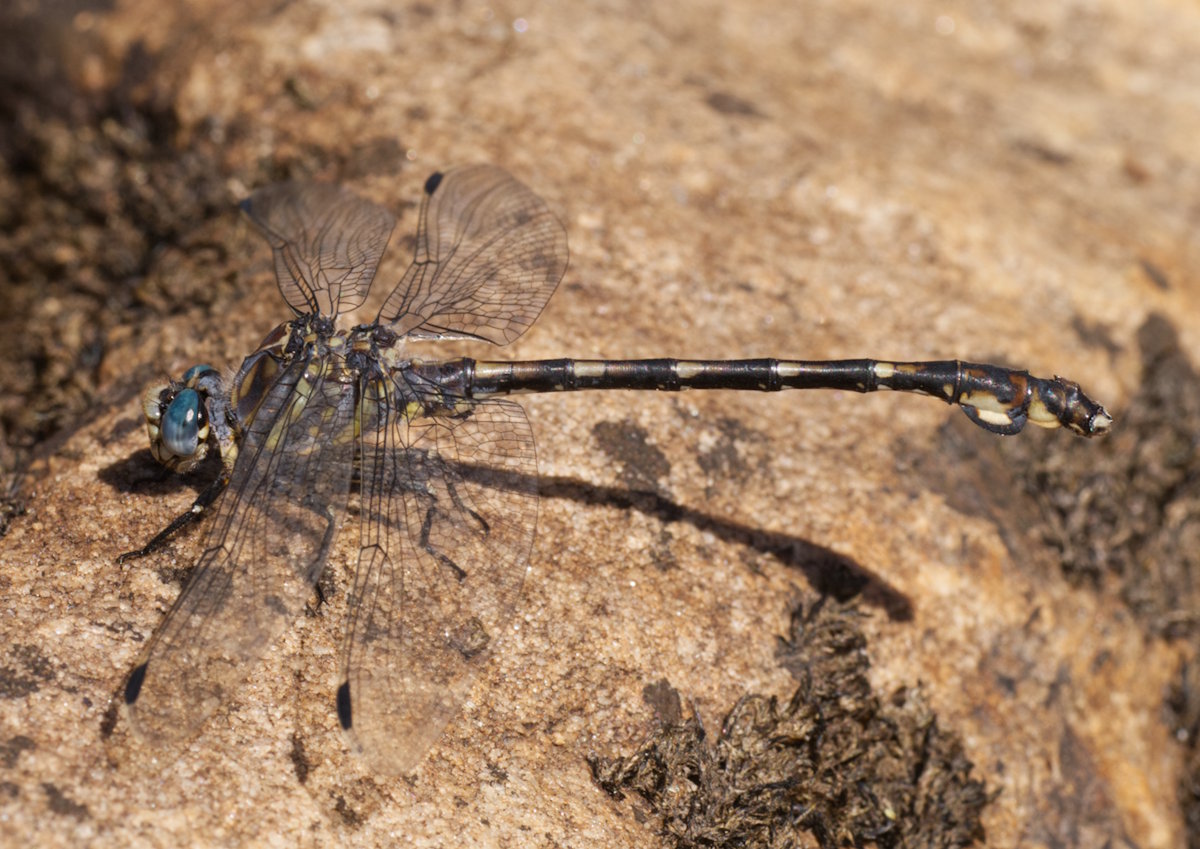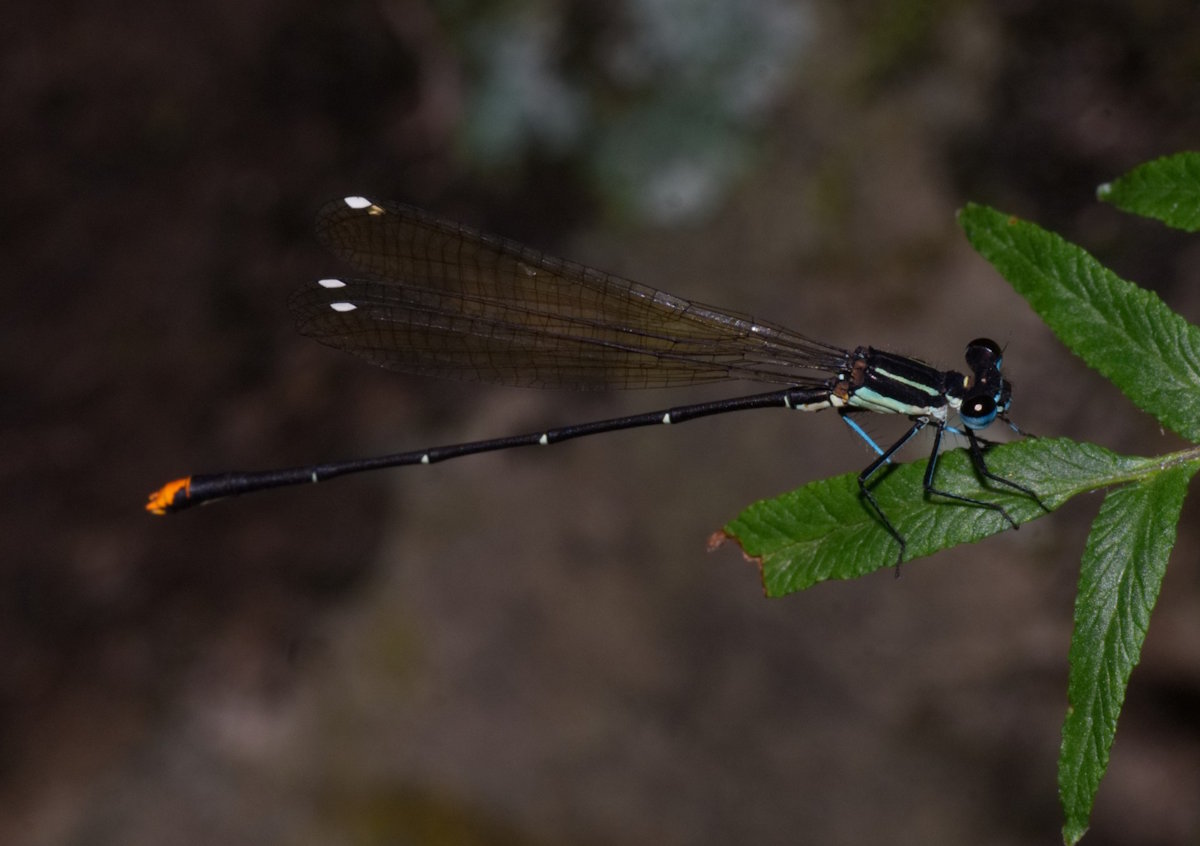Sonja Coertze en Elaine Basson (Plantsiektekliniek Stellenbosch, Departement Plantpatologie) is genooi om die Nasionale Biosekuriteitsberaad by te woon, wat op 10–11 Junie 2025 by die Hatfield-kampus, van die Universiteit van Pretoria, gehou is. Die tema van die beraad was “Samewerkende Aksies vir Voedselveiligheid en Handel”, en het verteenwoordigers van die regering, navorsingsinstellings en bedrywe byeengebring, met ’n fokus op beide plant- en diergesondheid.
Die beraad het saamgeval met ’n tydperk waarin Suid-Afrika sukkel met verskeie uitbrake van dieresiektes—insluitend bek-en-klouseer, voëlgriep, en Afrika varkgriep — asook nuutgerapporteerde plantsiektes soos Goss’s verwelking van mielies (Clavibacter nebraskensis) en Phytophthora palmivora op verskeie gasheerplante (algemeen bekend as Phytophthora palmknopvrot).
Die eerste dag van die program het ’n insiggewende en boeiende hoofrede deur Prof. Andrew Robinson van die Sentrum vir Uitnemendheid in Biosekuriteitsrisiko-analise (CEBRA) aan die Universiteit van Melbourne ingesluit. Sy toespraak het die belangrikheid van vertroue en kommunikasie tussen alle belanghebbendes in die landbousektor bevestig. Ander noemenswaardige sprekers was mnr. Wandile Sihlobo, hoofekonoom van die Landbou-sakekamer van Suid-Afrika, en die Minister van Landbou, mnr. John Steenhuisen. Die middag is afgesluit met ’n paneelbespreking met verteenwoordigers vanuit die plant- en dierbedrywe, met ’n fokus op samewerkende aksies vir voedselveiligheid en handel.
Die tweede dag het bestaan uit werksessies oor verskeie onderwerpe, insluitend:
- Openbare – private vennootskappe vir biosekuriteit
- Die nasionale biosekuriteit-diagnostiese netwerk
- Biosekuriteit-onderrig en -bewustheid
- Marktoegang en -monitering
Tydens die sessie oor die nasionale biosekuriteit-diagnostiese netwerk is daar bevestig dat diagnostiek van kritieke belang is om produksie te beskerm, nasionale voedselvoorsiening te verseker, en handel op plaaslike, streeks- en globale vlakke te ondersteun. Die belangrikheid van die opleiding van gekwalifiseerde plantpatoloë en die insluiting van plantgesondheid en biosekuriteit in leerplanne—veral in programme waar plantpatologie tans nie aangebied word nie—was ook ’n belangrike punt van bespreking.
Die Nasionale Biosekuriteitshub (NBH), wat in 2022 deur die Suid-Afrikaanse regering van stapel gestuur is, fokus op drie kernareas:
- Navorsing en monitering van plae en siektes
- Ontwikkeling van diagnostiese en kwarantyndienste
- Opleidings- en bewusmakingsprogramme
Die Departement van Plantpatologie aan die Universiteit Stellenbosch belyn mooi met hierdie doelwitte, veral op die gebiede van plantgesondheid, diagnostiek en bou van kapasiteit. Dit bly een van die min tersiêre instellings waar studente in Plantpatologie kan spesialiseer en praktiese opleiding in plantdiagnostiek deur die Plantsiektekliniek Stellenbosch (PDC) kan ontvang. Die PDC is die grootste plantdiagnostiese kliniek in die land en ontleed jaarliks meer as 1000 diagnostiese monsters van enige tipe gewas.
Die Departement Plantpatologie en die PDC werk aktief saam met sleutelrolspelers in die landboubedryf soos CRI, Hortgro, Wyn SA, Berries ZA, GraanSA, en internasionale organisasies soos die FAO. Deur hierdie samewerking speel hulle reeds ’n belangrike rol in die versterking van Suid-Afrika se nasionale biosekuriteitsraamwerk, veral deur moniteringswerk.
Dit word al hoe belangriker dat die Universiteit Stellenbosch en die Departement Plantpatologie hul verbintenis met die Nasionale Departement van Landbou (NDA) en die NBH versterk, veral om biosekuriteitsinisiatiewe in die suidelike streke van Suid-Afrika te ondersteun en te verbeter. Daarom het die Fakulteit AgriWetenskappe en die Departement Plantpatologie onlangs met hierdie entiteite in gesprek begin tree. Vennootskappe met die NDA en NBH sal waardevolle kennisuitruiling moontlik maak, befondsing verseker, en die implementering van doeltreffende biosekuriteitsmaatreëls ondersteun.
Die Nationale Biosekuriteitsberaad het die noodsaaklike rol van biosekuriteit in die landbousektor beklemtoon, asook die samewerkende stappe wat tussen regering, navorsingsinstellings en die bedryf nodig is om Suid-Afrika se voedselstelsels te beskerm.

Van links na regs:
Elaine Basson – Diagnostikus, Plantsiektekliniek (PDC), Departement Plantpatologie
Dr. Marinda Visser – Direkteur van Strategiese Projekte en Vennootskappe in Landbou by UP se Innovation Africa; Koördineerder van die Nasionale Biosekuriteitshub
Isabella Bezuidenhout – Biosekuriteit- en Fitosanitêre Spesialis, Nasionale Biosekuriteitshub
Sonja Coertze – Bestuurder, Plantsiektekliniek (PDC), Departement Plantpatologie
Prof. Andrew Robinson – Sentrum vir Uitnemendheid in Biosekuriteitsrisiko-analise (CEBRA), Universiteit van Melbourne, Australië
Nolan Africander – Adjunkdirekteur: Plantkwarantyn en Diagnostiese Dienste, Nasionale Departement van Landbou.
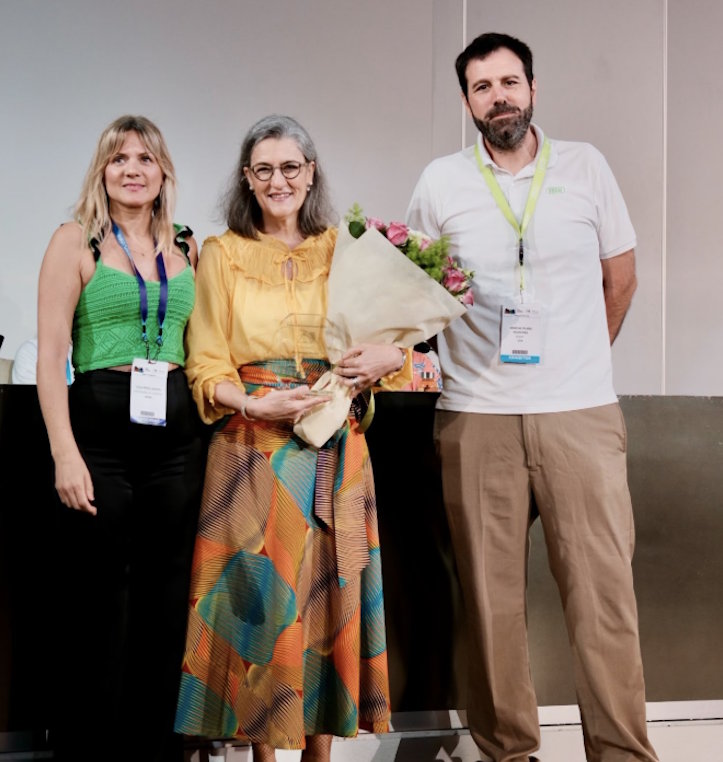


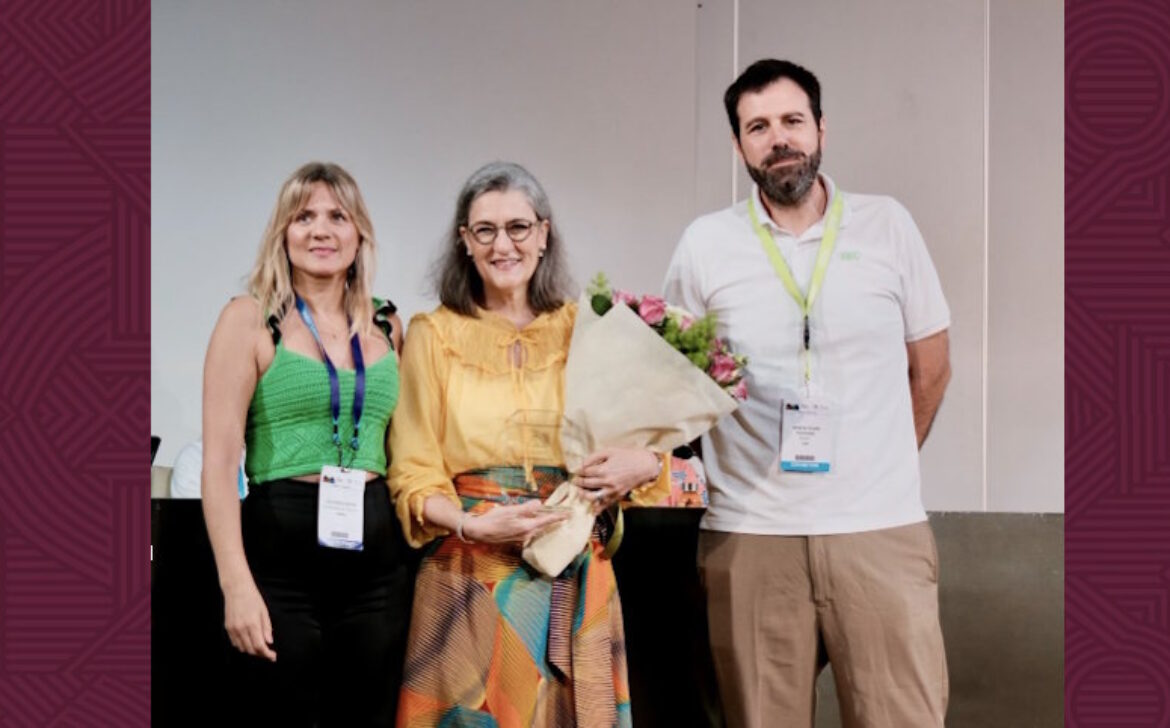
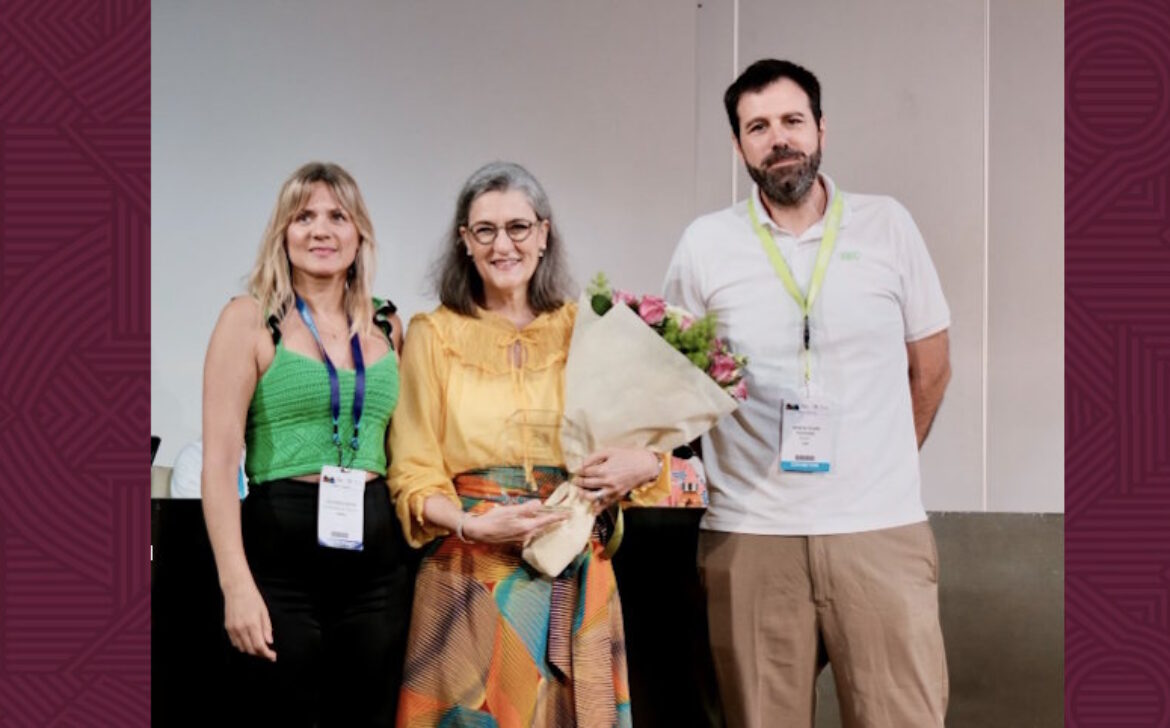
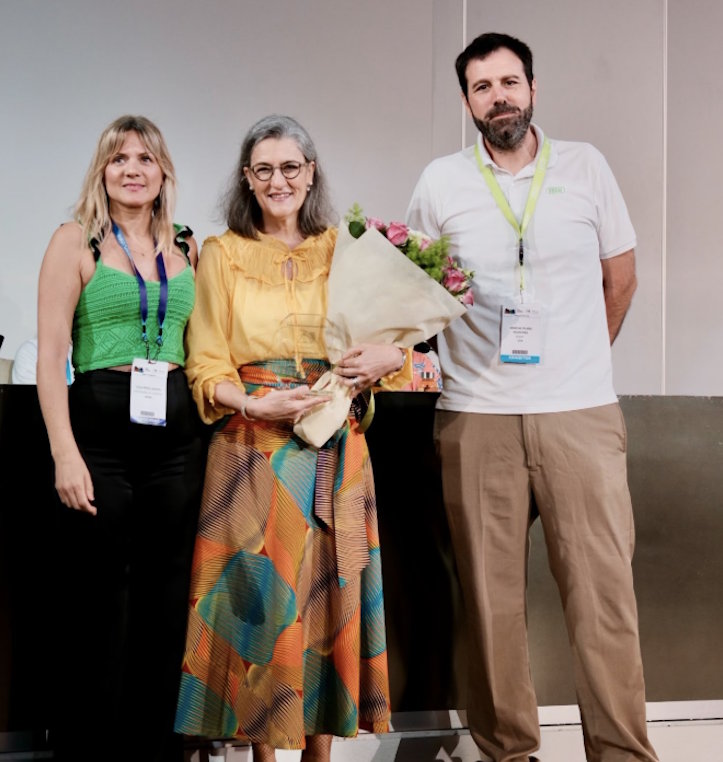
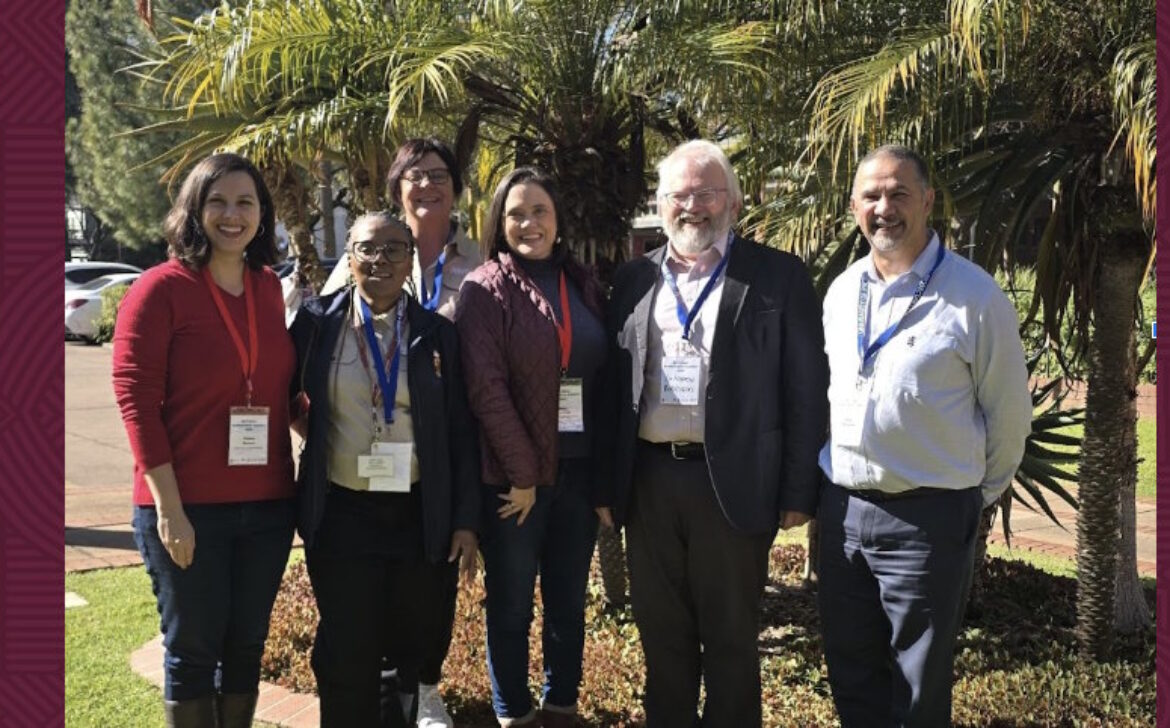

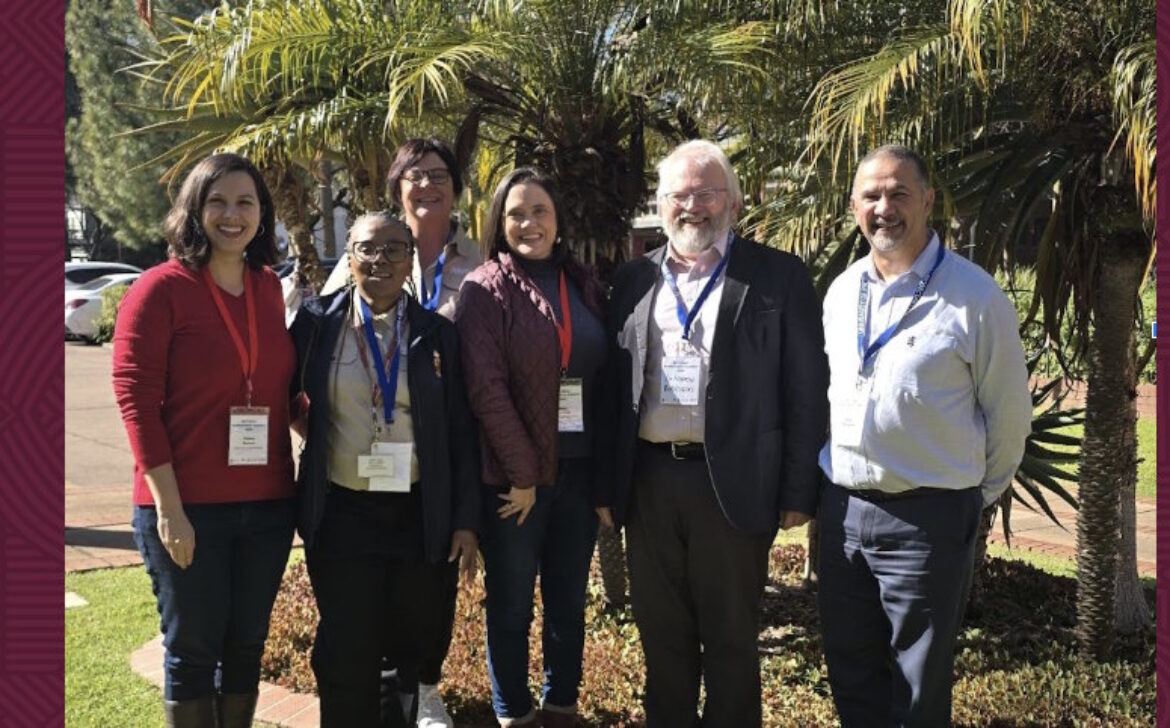
 (From left to right)
(From left to right)